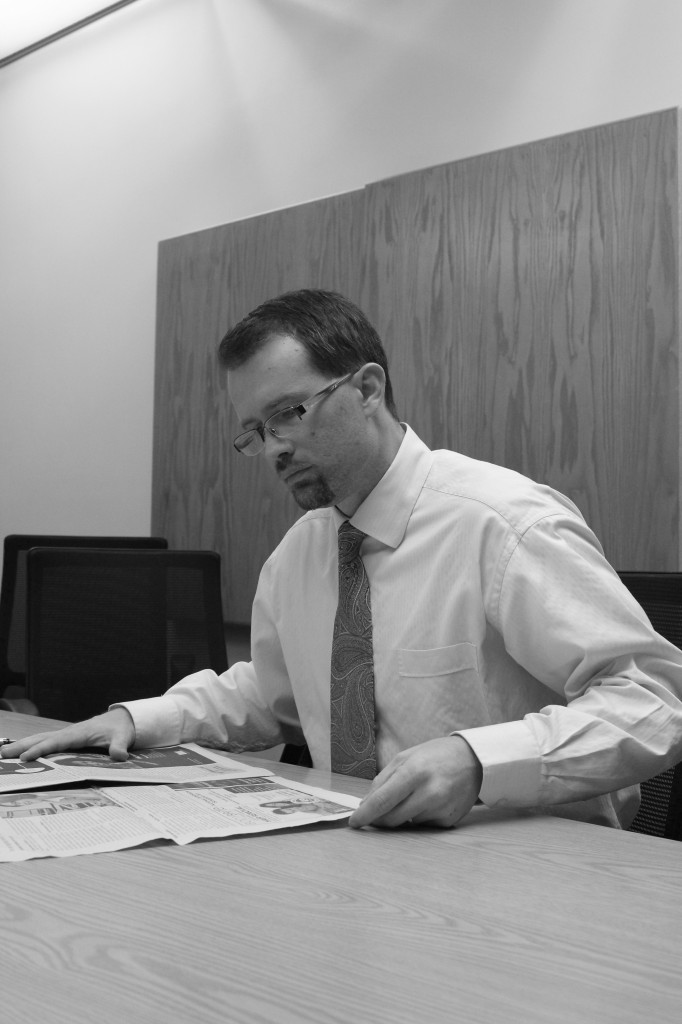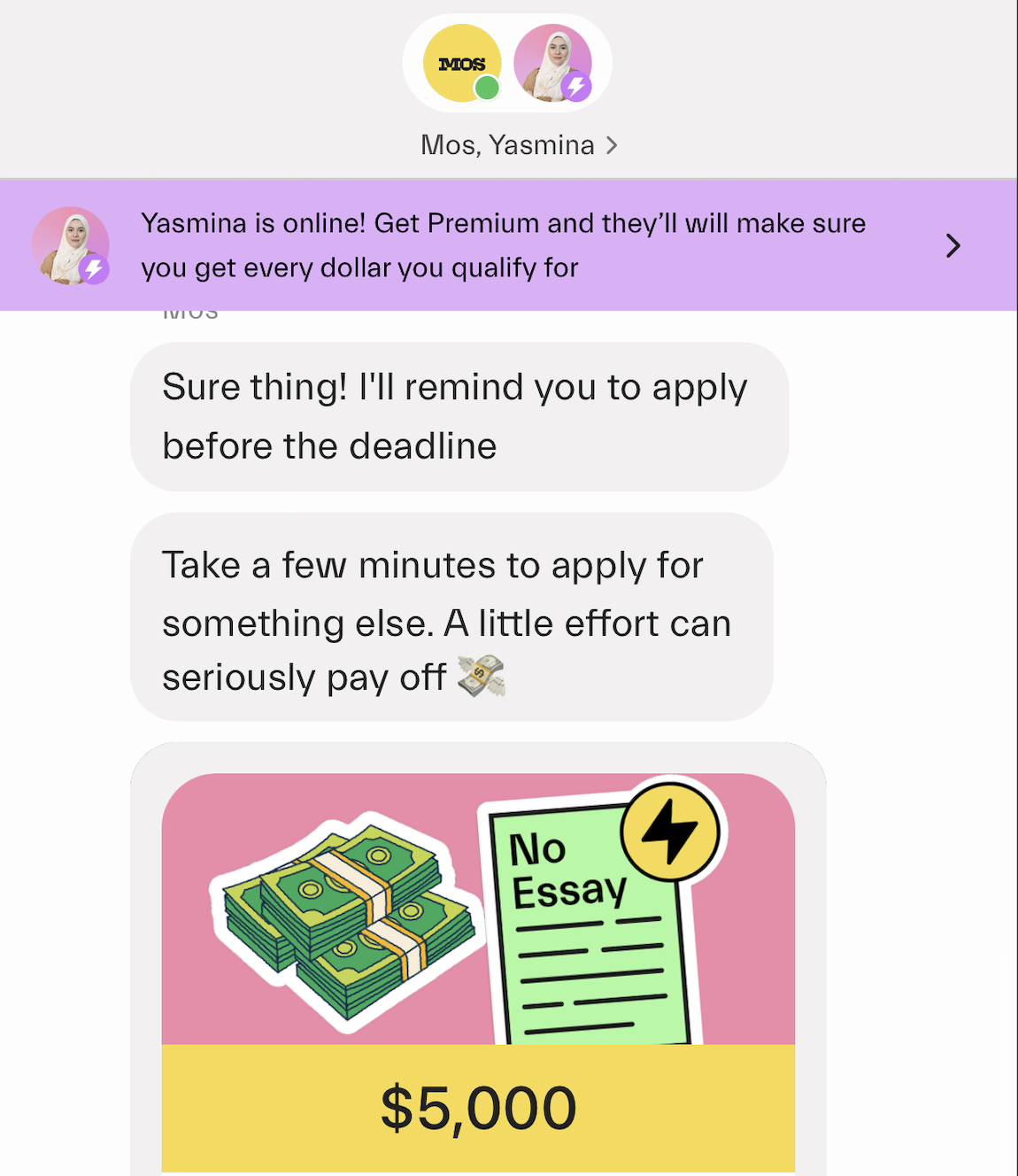In an ongoing series, The Montage gets to know leaders on campus
By: Jake Heidbrink
Staff Writer

Q: What do your responsibilities entail as Vice President of Academic Affairs? In other words, is it a good thing or a bad thing for a student to see you?
A: I think that many times when a student comes to see me, they’re in need. They are requesting something, they are requesting to be administratively withdrawn from a class. They have missed the withdraw deadline for some reason and got to appeal to this office to have whatever grade they have been assigned for the class changed to a withdraw. In that case, it’s not that they’re in trouble, but that they’re in need. And sometimes I see students when they’re appealing a grade, it’s not that they didn’t get withdrawn in time, but they don’t feel like they’ve been assigned grade they deserve. In that case, it could be that they’re in need or that they’re upset with something.
But a lot of times, I get invited to award ceremonies, so I’m allowed a chance to honor students when they’re doing well so I think I get a little bit of a mix. It’s a little different than the vice president for student affairs in that they’re the discpline officer for the campus, so if you’re in the hot water for your behavior, then you’re going to be visiting student affairs.
Q: Can you talk about some of your previous teaching experience?
A: Prior to being the Dean of Science and Technology for four years, I was a faculty member here for eight years. Before Meramec, I actually moved to Missouri to take a faculty position at Jefferson College, I taught chemistry there for three years. Prior to that I worked as a faculty member at Kirkwood Community College in Cedar Rapids Iowa.
Q:When did you first become involved in teaching at the Community College?
A: I saw an ad in the paper. I was finishing my graduate degree at the University of Iowa and they needed someone to teach a Saturday morning class at Kirkwood and it wasn’t easy for the college to find someone who was willing to come in on a Saturday morning and teach a class. I thought it’d be a great experience and it was. It was a great experience. I taught there for a number of semesters and then an attractive position at Jefferson [College] opened up and I applied for it and I’ve been a part of the Community College system since. I have learned the mission, and believe in it, and enjoy working in it.
Q: How does teaching differ between the university and the community college?
A: People who come to a community college to teach are there because they like the teaching part. The focus at the University is a little different, it’s less teaching and more research and scholarship. Which doesn’t mean that there isn’t research and scholarship here, it’s just that there’s a lot of teaching here.
Q: Do you have any advice for students?
When I’m in a class, one of the pieces of advice that I give to students the first day is to over prepare. If the standard rule of thumb is that for every hour in class you’re gonna need to spend two hours outside of class preparing for class, overprepare. I say it’s a sad day when you come to the first exam and you wished
you would have prepared more. It’s a fantastic
day when you come to the first test and you go, ‘This is a walk in the park!’ I think it’s important for students to recognize there’s a lot of help around here. Every faculty member has office hours that are available, we have all kinds of educational assistance and tutors and resources so there’s no good reason that you can’t find help figuring out anything you’re having trouble figuring out in your classes here.










